Data Science: Take your career to the next level with our advanced training program
1st Feb 2026
Batch Starts
2 Months
Duration
3 Seats Left
Seats Available
4.7 
Program Rating
Overview
Program highlight
Empower Your Career with Our Complete, Industry-Focused Program
Designed for college students, Professionals, and Innovators Across All Fields.
Master Industry-Standard Skills with Certified Programs by Wipro.
Earn certificates for your internship and program achievements.
Create a standout job-ready profile with an impressive project portfolio.
Here's Why You Need To Master This Program

60K +
Job Openings
$231 billion
Global Market Size
₹ 8 lakh
Average Annual Salary
- Introduction
- Data science combines statistics, programming, and domain expertise to extract insights and knowledge from structured and unstructured data.
- Exploration involves identifying patterns in information
- Prediction involves information we know to make informed guesses about values we wish we knew
- Inference involves quantifying our degree of certainity
- Data Science Pipeline
- Understand Problem Statement
- Data Acquistion
- Data Preprocessing
- Exploratory Analysis - Visualization
- Machine Learning & Deep Learning Modeling
- Final Insights
- Data Science Career
- Data Science Engineer
- Data Analyst(Statistics, Visualisation)
- Machine Learning Engineer
- Deep Learning Engineer
- Data Engineer
- Introduction to Python
- Python Functions, Packages, and Routines.
- Functions: Functions are blocks of reusable code that perform a specific task. They are defined using the def keyword, allow parameters, and can return results, making code more modular and organised.
- Python Packages: Packages are collections of modules that group related functions, classes, and routines together.
- Routines: Refers to a series of programmed instructions or functions that can be reused to perform common tasks. They help automate processes, improve efficiency, and minimise code duplication.
- Working with Data structure, Arrays, Vectors & Data Frames.
- Data structures in Python (e.g., lists, tuples, dictionaries, and sets) are ways to store and organise data efficiently. They allow for easy access, modification, and management of data depending on the structure's properties.
- Arrays (using libraries like numpy) and vectors are ordered collections of elements, typically of the same data type. Arrays support fast mathematical operations, while vectors are 1D arrays often used in linear algebra and machine learning.
- It is a two-dimensional, table-like data structure (from libraries like pandas) where data is stored in rows and columns. It’s ideal for handling and manipulating structured data, similar to spreadsheets or SQL tables.
- Pandas, NumPy, Matplotib packages.
- Powerful library for data manipulation and analysis, Pandas provides data structures like DataFrames, allowing for easy handling, cleaning, and transformation of structured data.
- A fundamental package for numerical computations, NumPy offers support for multi-dimensional arrays and a wide range of mathematical functions for operations on arrays and matrices.
- A popular plotting library used for creating static, interactive, and animated visualisations in Python, Matplotlib allows users to generate a wide variety of charts, including line plots, histograms, and scatter plots.
- Linear Algebra
- Matrices and Vectors
- Matrix Multiplication
- Eigenvalues and Eigenvectors
- Calculus
- Integrals
- Derivatives
- Gradient Descent
- Introduction to Statistics
- What is Statistics
- Why do we need Statistics
- Statistical Models
- Descriptive statistics
- Measure of Central Tendency
- Mean
- Outliers
- Median
- Mode
- Bimodal
- Understanding the Bell Curve
- Measure of Spread
- Variance
- Standard Deviation
- Probability
- What is Probability
- How to Calculate Probability with examples
- Union and Intersection
- Conditional Probability
- What is Conditional Probability
- How to Calculate Conditional Probability with examples
- Introduction
- Types of ML Algorithms
- Supervised Learning - Classification, Regression
- Unsupervised Learning - Clustering, Dimensionality Reduction
- Semi-Supervised Learning
- Reinforcement Learning
- Terminologies of Machine Learning - Model, Feature, Target(Label), Training, Prediction
- Steps in Building ML Model
- Importing the Data
- Exploratory Data Analysis (EDA)
- Data Transformation
- Model Selection
- Training & Testing the Model
- Deployment of Model
- Linear Regression
- Model Overview: Linear regression models the relationship between a dependent variable and one or more independent variables by fitting a linear equation to observed data.
- Applications and Assumptions: Commonly used for predicting continuous outcomes, it assumes a linear relationship, homoscedasticity, independence, and normally distributed residuals.
- Types: Simple linear regression uses one independent variable, while multiple linear regression extends this to multiple variables, offering more flexibility and predictive power.
- Logistic Regression
- Model Overview: Logistic regression estimates the probability of a binary outcome by applying a logistic function, making it ideal for classification tasks.
- Applications and Assumptions: Used in fields like healthcare and finance for binary outcomes (e.g., risk assessment), it assumes no multicollinearity and a linear relationship between predictors and the log-odds.
- Types: It includes binary logistic regression (two outcomes), multinomial logistic regression (multiple categories), and ordinal logistic regression (ordered categories).
- Introduction to Deep Learning
- Architecture and Application
- Architecture - Deep Learning Network, Deep Belief Network
- Types - FFNN,CNN,Restricted Boltzmann Machine, Autoencoders
- Deep Learning Algorithms
- Convolutional Neural Networks
- Long Short Term Memory Networks
- Recurrent Neural Networks
- Generative Adversarial Networks
- Radial Basis Function Networks
- Introduction Tensorflow & Keras
- Data Mining
- Overview:Data mining is the process of discovering patterns, correlations, and useful information from large datasets using various techniques from statistics, machine learning, and database systems.
- Techniques: Common methods include clustering, classification, regression, association rule mining, and anomaly detection, each serving different analytical purposes.
- Applications: Widely applied in fields such as marketing for customer segmentation, finance for fraud detection, healthcare for patient outcome analysis, and social media for sentiment analysis.
Hate-Speech Detection
Data Preprocessing: Cleaning text by removing URLs, punctuation, and stop words improves model accuracy by reducing noise and standardizing inputs.
Feature Extraction: Use of feature like CountVectorizer to convert text to numerical form, enabling traditional models like Decision Trees to process and classify text data.
Model Evaluation: Metrics like accuracy and confusion matrices provide insights into model performance, revealing strengths and areas for improvement.
Spam SMS Classification
Data Imbalance Management: Learning effective techniques for handling imbalanced datasets, such as oversampling, to create balanced distributions for model training.
Exploratory Data Analysis (EDA): Gain insights into spam vs. ham characteristics through visualizations like count plots and word count distributions, aiding feature selection.
Feature Engineering: Create new features, like word count, to enhance model accuracy and better capture distinctions between spam and ham messages.
Predicting Mortality of Heart Failure Patients
Healthcare Data Analysis: Gain expertise in analyzing healthcare datasets, focusing on identifying key indicators that influence heart failure outcomes.
Predictive Modeling Skills: Develop skills in building and tuning predictive models to accurately assess mortality risks for heart failure patients.
Feature Importance and Interpretation: Learn to interpret feature importance, helping in understanding which factors most impact patient survival predictions.
Credit EDA
Effective Missing Value Handling: Gain insights into imputation methods to retain data integrity, enhancing model reliability.
Data Transformation Techniques: Learn to create age and credit categories, making analysis of income, credit, and employment patterns clearer.
Correlation Analysis in Different Scenarios: Identify critical differences in financial characteristics across approved, cancelled, and refused loan groups.
Get Certified, Get Ahead! Your success starts here!

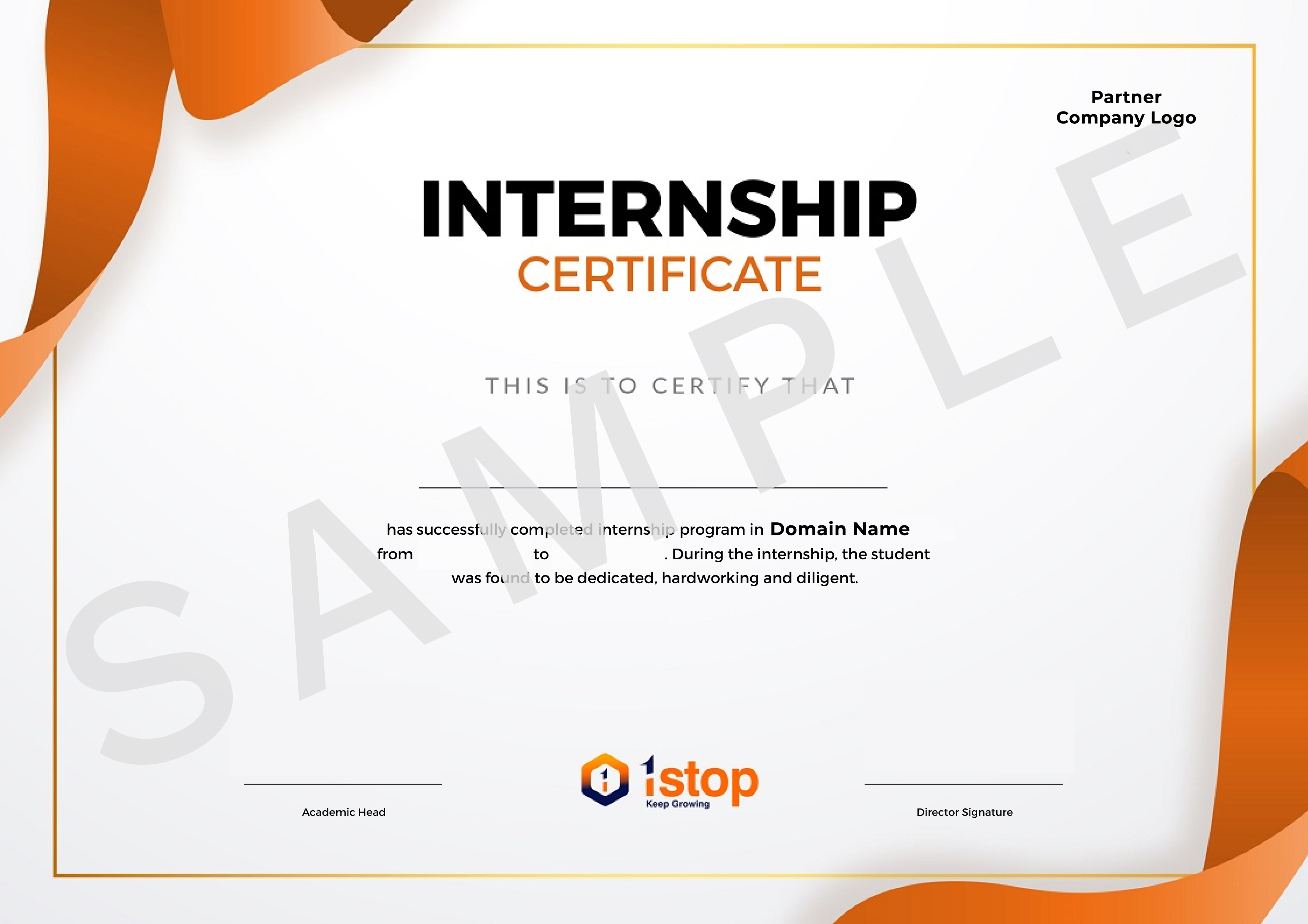
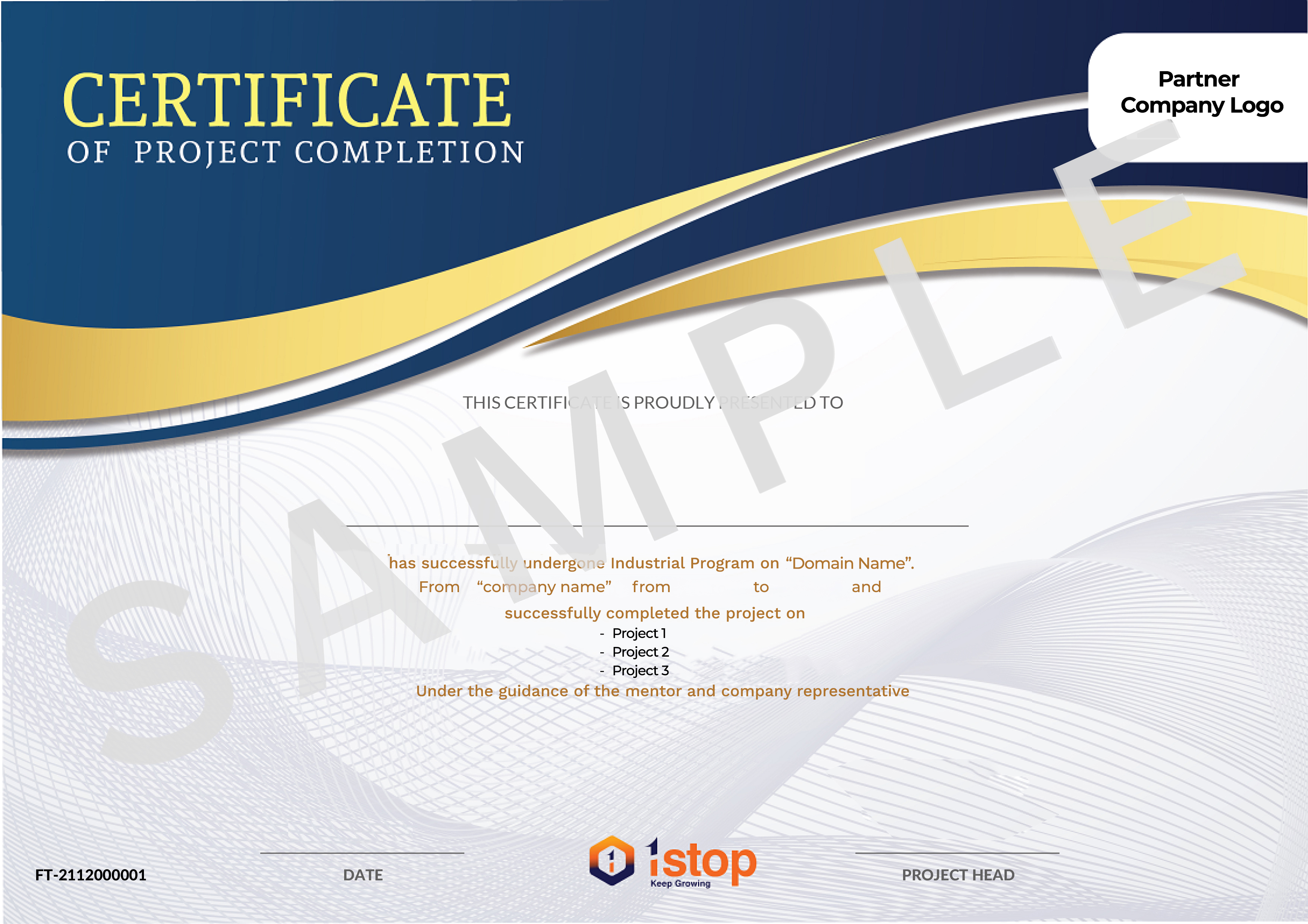

Meet your mentors!
Our expert instructors guide you through the fundamentals in an engaging and supportive learning environment.



4+ years mentoring experience
Sankal Tomar
Sr. Data and Applied Scientist
Senior Data Scientist | Senior System Engineer at Infosys


3+ years mentoring experience
Gaurav Kumar Verma
AI Consultant @Google
Software Architect | Data Scientist | Associate Engineer


5+ years mentoring experience
Rajendra Mehta
Head of Analytics
Head of Analytics | Chief Data Scientist at LTIMindtree


2+ years mentoring experience
Sathya Prakash Soma
Senior Technical Trainer
Senior Technical Trainer | Senior Java Consultant


4+ years mentoring experience
Sahil Handoo
AI Engineer @Google
AI Engineer | Data Engineer at Yara International


6+ years mentoring experience
Suddhasatwa Bhaumik
Strategic Cloud Engineer
Google Cloud Consulting | Senior Manager Data Products at VOIS


4+ years mentoring experience
Swati Thakur
Cloud Consultant @Google
Cloud Consultant|Senior Data Analyst


3+ years mentoring experience
Aishwarya K
Cyber Security:Manager Program Delivery
Cyber Security Mentor | Analyst | Cyber Security Trainer


3+ years mentoring experience
Akash Nagineni
Software Developer
Frontend Trainer|Building Dynamic Web App


4+ years mentoring experience
Megha Singh
Senior Web Developer
Head of Technical | 10+ Highly Scaled Applications Developed


6+ years mentoring experience
Sudhakar G
Principal Architect
Technical Lead | Sr. Delivery Manager


10+ years mentoring experience
Raj Ranjan
Sr. Software Developer @Amazon
Software Dev Engineer|Back-end Developer

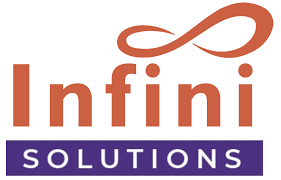
4+ years mentoring experience
Jacob Dennis P
Senior Software Engineer
Web Technologies | Database Technologies | Frameworks | Architecture and Server Management, AWS, Google.
Alumni’s Testimonies

See what 1Stop Learners have achieved.
Collaborating with 50+ top-tier universities and educational institutions


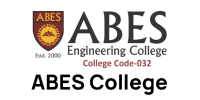
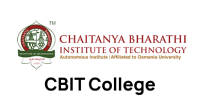






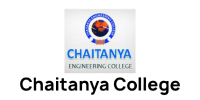


Enroll Now and Become One of 50,000+ Happy Learners!

- Program Duration : 2 months
- 30 Hours of Content
- 3 Projects
- Live Sessions During Project Execution & Training
- Life time access for content and Customised Dashboard
- Project Completion Certificate from Partnered Companies
- Internship Offer Letter
- Internship Completion Certificate
- Customised Resume Builder
- Program Duration : 2 months
- 30 Hours of Content
- 3 Major Projects
- 1 year Access for Dashboard and Content
- Project Completion Certificate
- Internship Offer Letter
- Internship Completion Certificate
- Program Duration : 4 months
- 40+ Hours of Content
- 5 Projects
- Live Sessions During Project Execution & Training
- Life time access for content and Customised Dashboard
- Project Completion Certificate from Partnered Companies
- Internship Offer Letter
- Internship Completion Certificate
- Customised Resume Builder
- Program Duration : 2 months
- 30+ Hours of Content
- 3 Major Projects
- 1 year Access for Dashboard and Content
- Project Completion Certificate
- Internship Offer Letter
- Internship Completion Certificate
FAQs

General
Internship
Programs perfectly matched for you

If you haven’t heard, 1Stop is making major headlines!













